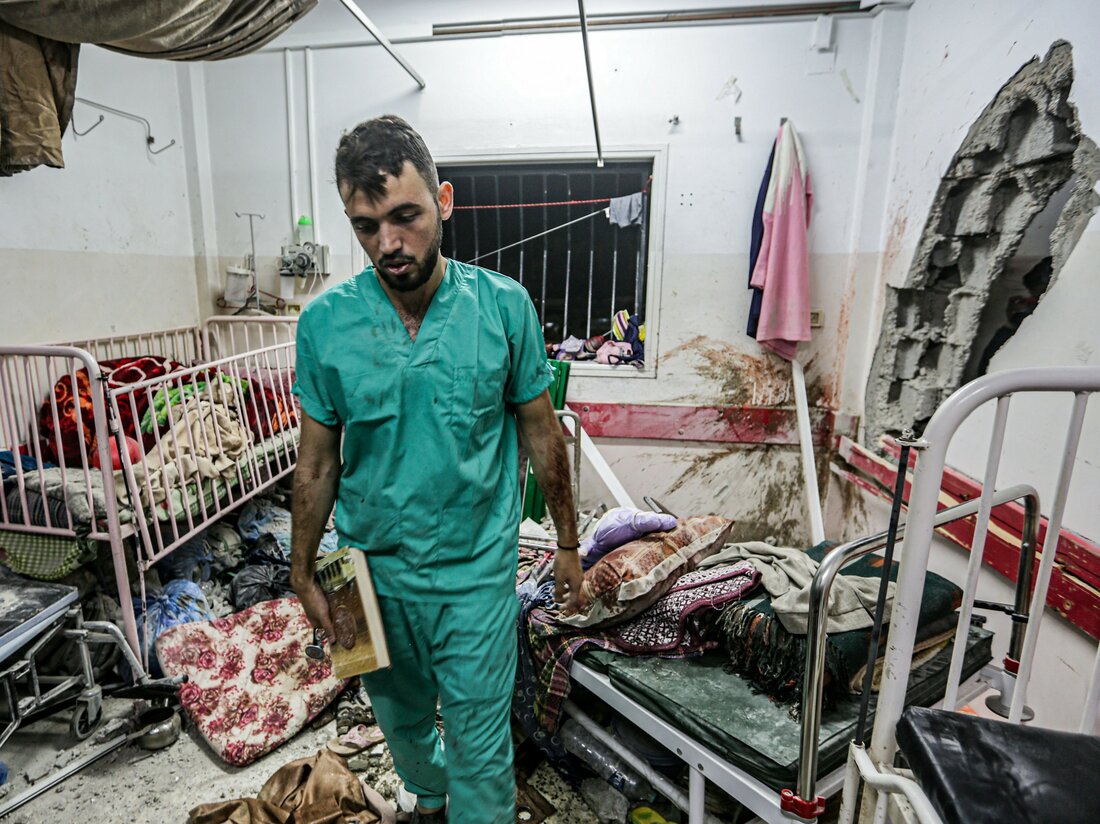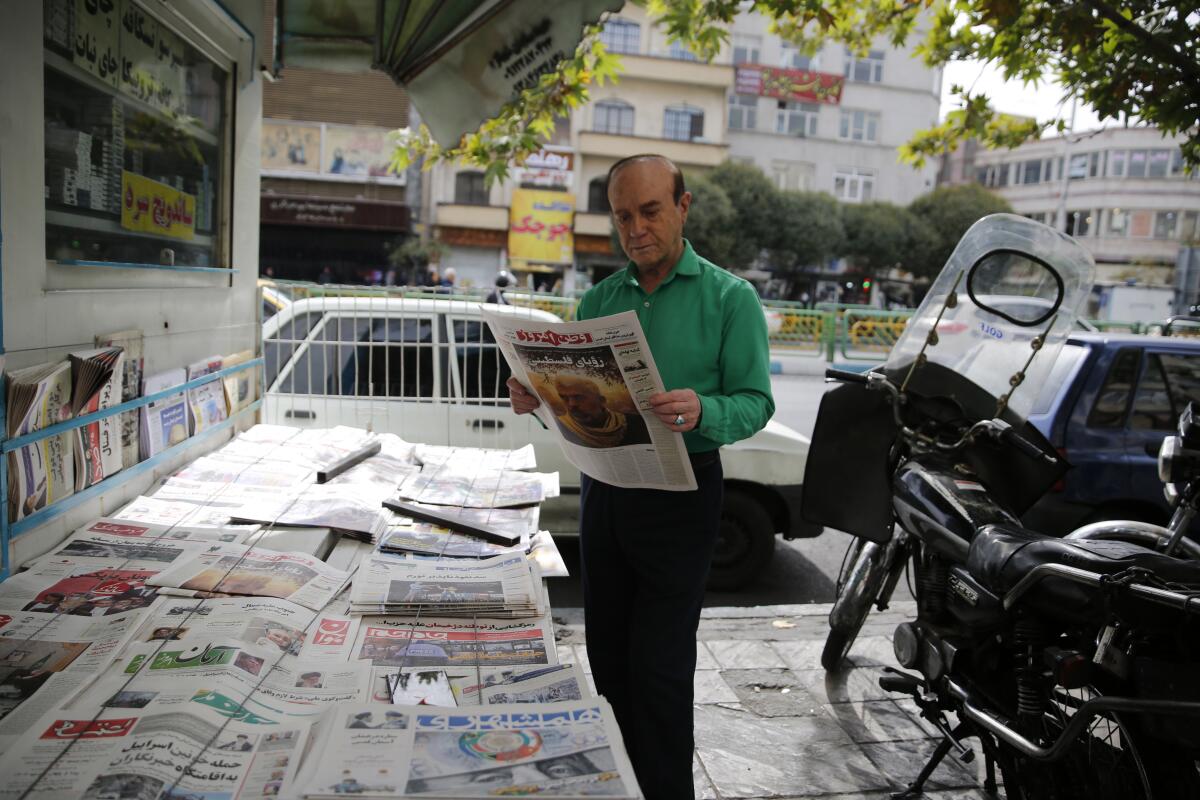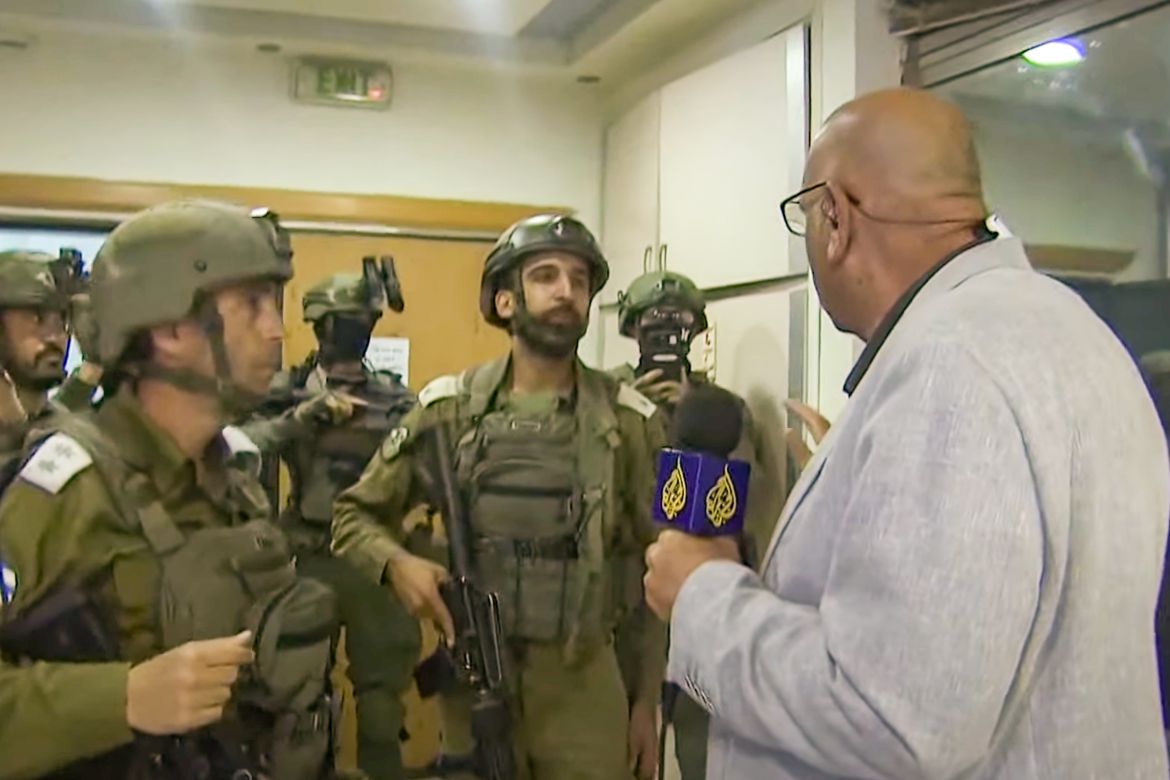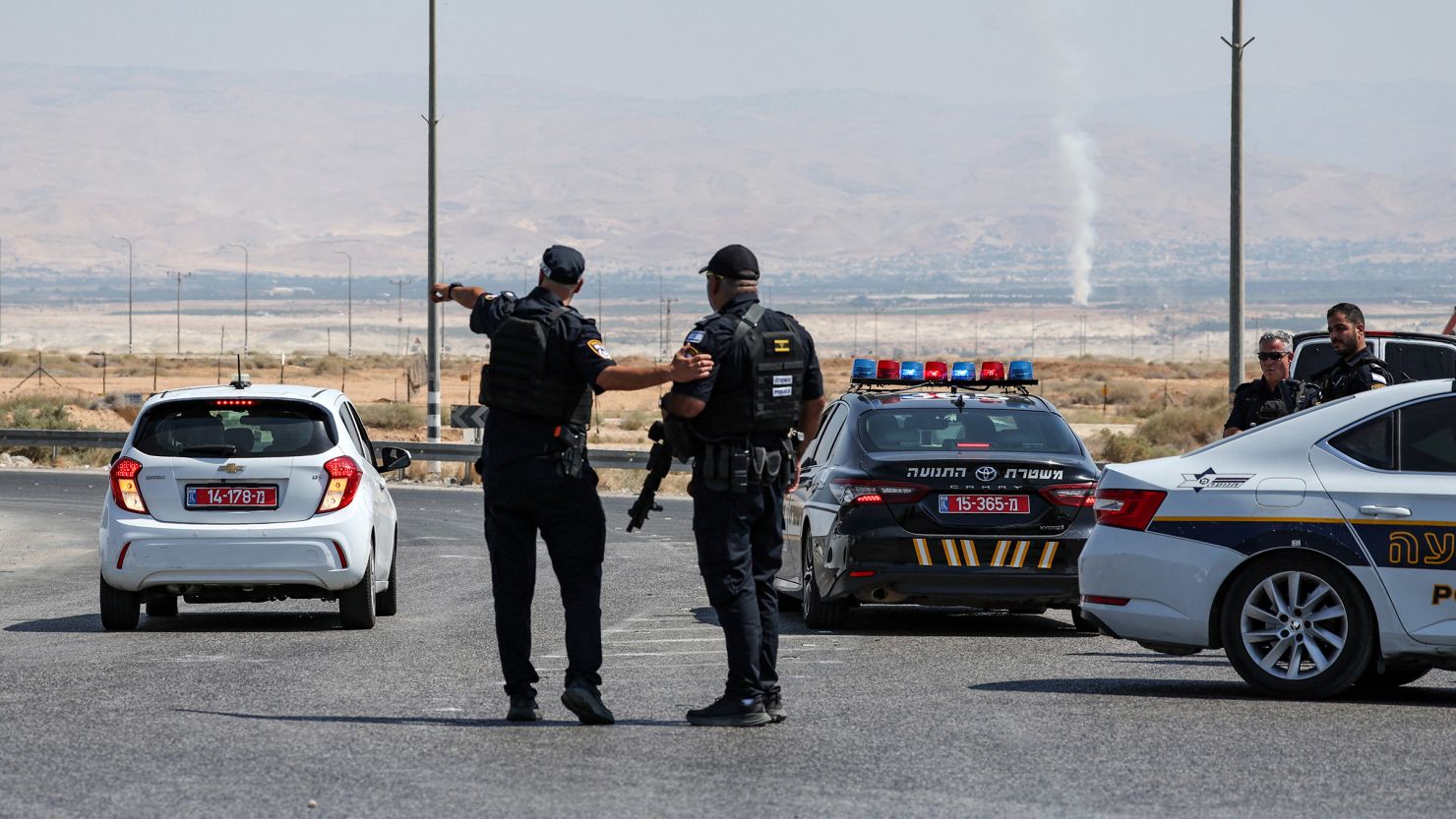- Israeli forces entered Kamal Adwan Hospital in northern Gaza, reportedly damaging parts of the facility and separating patients, while ongoing attacks strained critical medical services Cnn.com
- The World Health Organization (WHO) lost contact with staff at Kamal Adwan Hospital, which is housing over 200 patients and sheltering displaced people amid reported fuel and supply shortages TimesOfIsrael.com
- At least 17 civilians, including children, were killed in an Israeli airstrike on a school in Gaza’s Nuseirat refugee camp, where displaced residents were taking shelter Newsweek.com
- Israeli forces have been conducting an intensified military operation in northern Gaza since early October, reportedly cutting aid access and blocking residents from seeking safety MiddleEastEye.net
- U.S. Secretary of State Antony Blinken called for renewed ceasefire talks, urging Israel to allow humanitarian aid into Gaza while announcing additional U.S. aid for Palestinians TheGuardian.com
From an Israeli government and military viewpoint, the actions in Gaza, including the operation at Kamal Adwan Hospital, are part of a broader mission to dismantle Hamas' military infrastructure. Israel asserts that Hamas uses civilian spaces, including hospitals, as hideouts for operatives and equipment, making these sites necessary targets to neutralize threats. To minimize civilian harm, they claim efforts were made to evacuate patients and staff before the raid. This perspective emphasizes the operation as a security measure aimed at degrading Hamas’ operational capabilities and defending Israel’s civilian population from further attacks.
Human rights organizations and Palestinian authorities view the raid on Kamal Adwan Hospital as a direct violation of international humanitarian law, which protects medical facilities and non-combatants. According to this perspective, the raid exacerbated an already dire humanitarian crisis in Gaza by destroying critical health infrastructure and endangering civilians seeking medical aid and shelter. This viewpoint highlights the impact on displaced people and wounded civilians left without access to vital services, describing the actions as part of a pattern of targeting civilian structures, thus raising serious ethical and legal concerns about the conduct of the conflict.
The escalation surrounding the Kamal Adwan Hospital raid has spurred the international community, including humanitarian organizations and diplomatic leaders, to intensify their calls for a ceasefire and increased humanitarian access to Gaza. This perspective sees the situation as highlighting the urgent need for intervention to prevent further civilian suffering and uphold human rights in conflict zones. Leaders like U.S. Secretary of State Antony Blinken have emphasized renewed ceasefire talks and the unimpeded delivery of essential supplies to mitigate the crisis. The event is thus framed as a tipping point that underscores the role of diplomacy in achieving a peaceful resolution.
Details
Analysis
Bias

Reactions
The article emphasizes severe terms like 'stormed,' 'laid waste,' and 'killing children,' portraying the situation as catastrophic. Israel's perspective is less prominent, resulting in a narrative critical of Israeli military actions and framing them as assaults on civilians.
Read full article

The article prominently discusses civilian deaths in an airstrike on a school and conveys U.S. Secretary of State Blinken’s concerns, emphasizing the humanitarian crisis and international criticism, creating a tone critical of Israel.
Read full article
The article highlights the bombing of residential buildings and the resulting fires in Lebanon, focusing on widespread devastation in civilian zones without covering Israel's stated military objectives.
Read full article
Izvestia focuses on the casualties among journalists and the destruction linked to Israeli operations, creating a narrative that underscores the negative impact of these military actions.
Read full article
The article strongly emphasizes the humanitarian toll, using urgent language like 'catastrophic' to describe the situation at Kamal Adwan Hospital and calling for international aid to address the severe impact on civilians.
Read full article
By discussing the International Criminal Court's involvement and framing the situation as involving potential 'war crimes,' the article suggests a critical view of Israeli actions in Gaza.
Read full article
This article details civilian casualties in Lebanon and criticizes Israeli military actions, positioning the conflict as disproportionately affecting civilian life, which reinforces a critical tone.
Read full article
Negative
Sentiment

CNN highlights the siege’s impact on the Kamal Adwan Hospital, yet also provides Israel’s perspective, citing their claims of targeting 'terrorist infrastructure' and mentioning efforts to evacuate patients. This approach shows an attempt to provide a dual-sided narrative without clear support for one side.
Read full article

This article relays WHO statements about the hospital's situation without substantial commentary or additional emphasis, maintaining a factual and restrained tone.
Read full article
The article reports on the military operation, mentioning evacuations facilitated by Israel but without explicit opinion or emotive language, aiming for a straightforward account.
Read full article
The article presents the diplomatic aspect of the Gaza conflict, focusing on the involvement of various stakeholders without opinionated language, highlighting diplomatic efforts rather than the conflict's humanitarian impact.
Read full article
Neutral
Sentiment
Positive
Sentiment














Social Media Analysis
Top Social Media Posts
Trending Social Media Posts